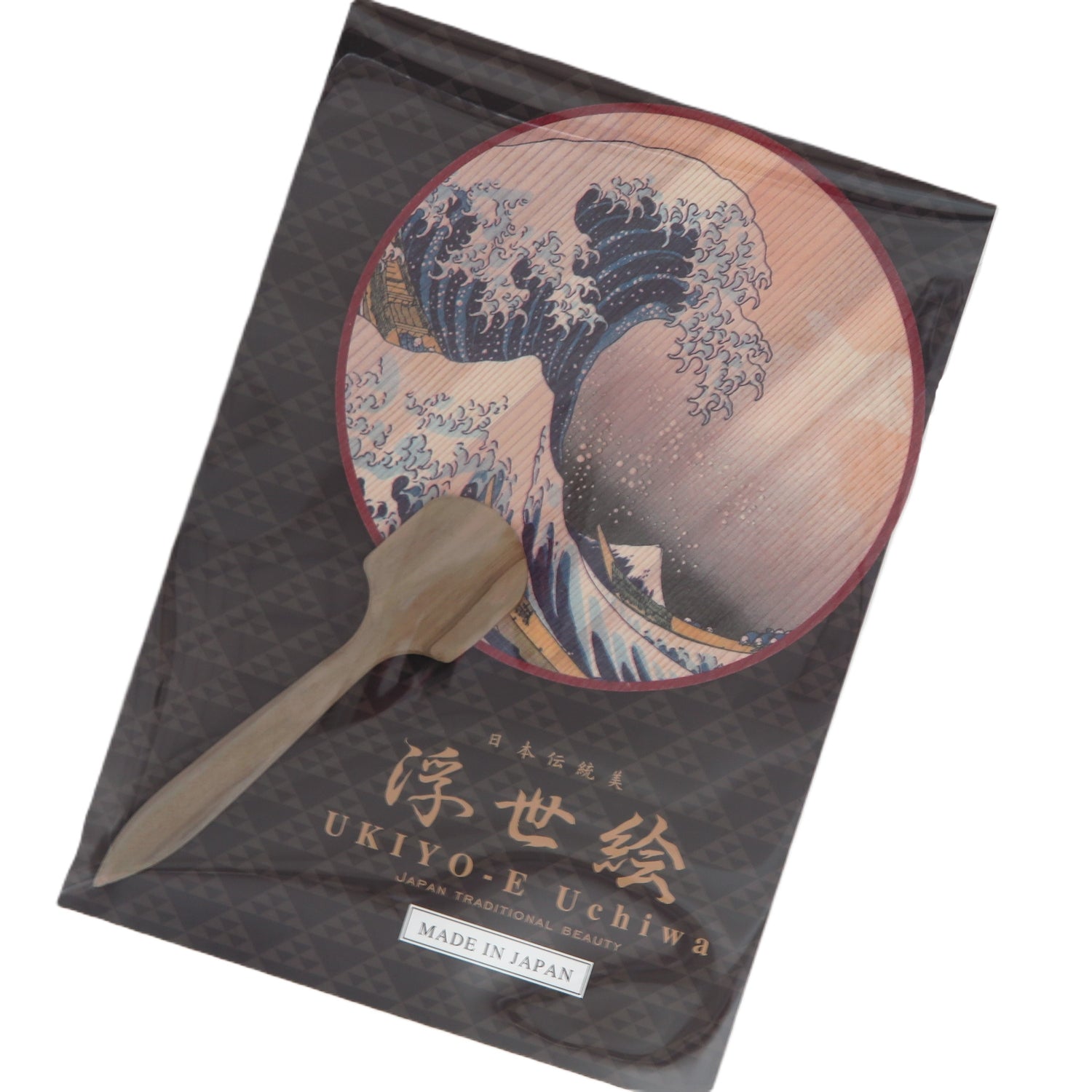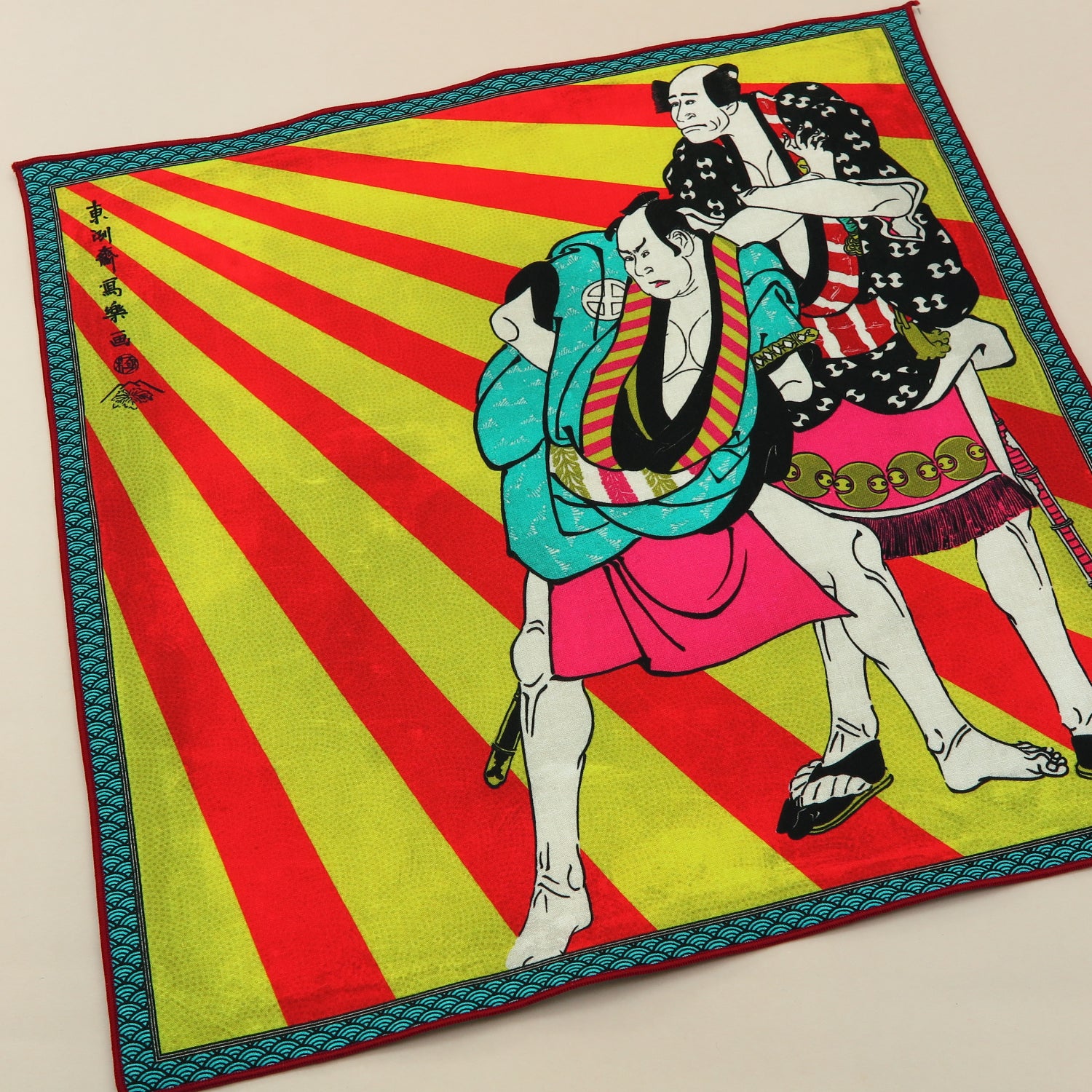
Uchiwa and Sensu are traditional Japanese fan tools, both historically and culturally significant. Here are the features and uses of each:
Uchiwa (Round Fan)
Uchiwa is a flat fan with a handle attached to a circular or oval-shaped piece of paper or fabric. In Japan, it is commonly used to stay cool during the summer and is often seen at festivals and street stalls. While it is sometimes used for advertising or as a novelty item, it also holds value as a decorative or artistic piece.
History of Uchiwa
In Japan, uchiwa began to be used by aristocrats during the Heian period (around 1100 AD), and eventually spread to the general public. In the Edo period, uchiwa featuring ukiyo-e prints became popular, and even today, they are cherished as a symbol of summer.
Usage
Uchiwa is mainly used for cooling, but it is also commonly carried by performers and spectators at summer festivals. Recently, uchiwa has gained popularity as a decorative item for homes, and its artistic value has been recognized once again.
Sensu (Folding Fan)
Sensu is a type of folding fan made of several thin ribs that are held together at the center, with paper or silk attached. Its foldable design makes it highly portable, and it is still commonly used in everyday life today.
History of Sensu
Sensu is believed to have originated in Japan during the Heian period (around 1100 AD) and was considered a luxurious item used by aristocrats and samurai. It has traditionally been used in dance, tea ceremonies, and formal etiquette. Sensu was also exported to Europe, where Japanese folding fans became popular among the aristocracy for their exotic appeal.
Usage
Sensu is used not only for cooling but also in traditional dance, tea ceremonies, and formal etiquette. In tea ceremonies, it is often used as part of the rituals, while in dance, sensu adds grace to the performers’ movements. In modern times, it has also become popular as a fashionable accessory.
Uchiwa and Sensu are deeply connected to Japanese culture and have significant historical value. Each has its own unique features and uses, and they continue to be widely used today as tools to enjoy seasonal beauty and aesthetics. Especially during the summer, they are cherished items that evoke the essence of Japanese tradition.🌞

















